Let’s Celebrate a Victory!
Healthcare for Trans Persons and Repro Justice
This month we are highlighting a positive development in the reproductive justice landscape in Mississippi:
We have a new gender affirming hormone therapy practice, Spectrum: The Other Clinic, based in Hattiesburg!
RJ means giving repro healthcare, rights, and justice for EVERYONE. Access to this essential medical care means a new level of freedom and life for Trans and Nonbinary people in our state.
Stacie Pace’s Story
A few years ago, Stacie Pace, ACNP/AGNP, and her husband knew it was time for a change. They are both Nurse Practitioners in Hattiesburg, Mississippi. Stacie works as a hospitalist at Forrest General and was wondering what she could do to go out on her own and work for herself as a practitioner.
She did not want to work in family practice, and the urgent care market is saturated. One day she was talking with her best friend, who happens to be a gay man, and they came up with the idea of some kind of medical practice that serves LGBTQ+ community members.
Healthcare that addresses specific healthcare needs for LGBTQ+ people in Mississippi is sparse. Stacie got in touch with The Spectrum Center in Hattiesburg and began inquiring how her and her husband’s skills as Nurse Practitioners could fit in with the structure and needs of the community.
One summer evening in 2019, Stacie met with a transgender support group and LISTENED. As she asked about healthcare needs for trans people, they responded with stories of being completely rejected as patients, experiencing a lack of access to hormone therapy, and other essential healthcare needs. Regarding access to those life-saving hormones, Stacie responded with incredulity, “You can’t just go get it???”
No. No, trans people cannot easily access healthcare in general, especially gender affirming hormone therapy.
Stacie wondered if the medical training for providing hormone therapy was particularly difficult or complicated. Is that why it isn’t available for people?
Nope. The medicine itself is not exceptionally challenging.
Stacie got the extra education indicated. She began to network and connect with potential patients. In a matter of months Spectrum Clinic was born.
Along with learning the specifics of hormone therapy, Stacie says that learning how to run a business as a medical provider has been a challenge. She is continuously expanding her practice and hopes to bring her husband on as another provider. The need for medical care and support for trans people in Mississippi is great.
Ashley, our Faith in Women director, and I had the privilege to have a video chat with Stacie and see her passion first hand. Here are a couple of things she had to say about her work and clinic.
“Best job I could ever imagine.”
“Being nice matters…makes the huge-est difference.”
“Kindness is easy.”
How Spectrum Clinic Operates
Stacie and the Spectrum Clinic have continually built relationships with The Spectrum Center and Planned Parenthood of Hattiesburg. A trans person in need of care hears about Spectrum Clinic through this network of organizations and also through individual personal relationships.
Check out the SPECTRUM: The Other Clinic. Their online presence there is direct and clear and shows exactly how one accesses care through the clinic. Their Facebook page is another very convenient way for someone to initiate care at Spectrum Clinic.
The Spectrum Clinic offers an affordable and flexible pricing structure to ensure that everyone who needs care can access it. Most of Spectrum Clinic’s patients don’t have health insurance.
Stacie and her husband own the clinic together, meaning they have control and flexibility in their work that they would not have working in another setting. They can decide how much to charge and how much money they need/want to make out of their business. Spectrum Clinic rates are significantly lower than other comparable providers, of which there are few.
The key to success in Stacie’s practice has been building relationships and trust. She does most of her visits through telehealth but still manages to respond to patients with trust and compassion and love. Text messaging is an effective and personal way she communicates with patients.
One way they have built relationships is naming their practice “Spectrum: The Other Clinic” to signal acceptance and support like the Spectrum Center gives.
Listening to the stories and needs of the people who come to her for medical care is the priority.
In respect to safety concerns, visits through telehealth limit in-person vulnerabilities. Stacie takes common-sense safety precautions if meeting in person.
She notes that the negative feedback she receives is mostly online, especially on Spectrum Clinic’s Facebook page. She does not feel especially threatened by the “keyboard warriors.” She notes that “95% of the trash” comments and reactions are from self-identified Christians.
Life and Death Reality for Trans People
What patients of The Spectrum Clinic are facing:
Many patients need hormones after transitioning but have lost their previous access for various reasons like financial problems or moving to another state.
Stacie says that a significant number of her patients are deciding between ending their own lives and living life without hormone therapy. She says that her screening for depression is very simple: almost all of her patients tell her they are depressed.
According to the 2015 U.S. Transgender Survey, “40% of respondents have attempted suicide in their lifetime—nearly nine times the attempted suicide rate in the U.S. population (4.6%).” This survey, produced by the National Center for Transgender Equality, goes on to report (updated 2017) on the reality of healthcare for transgender people. The section “Harmful Effects on Physical and Mental Health” goes on to note:
Respondents also encountered high levels of mistreatment when seeking health care. In
the year prior to completing the survey, one-third (33%) of those who saw a health care
provider had at least one negative experience related to being transgender, such as being
verbally harassed or refused treatment because of their gender identity. Additionally,
nearly one-quarter (23%) of respondents reported that they did not seek the health care
they needed in the year prior to completing the survey due to fear of being mistreated as a
transgender person, and 33% did not go to a health care provider when needed because
they could not afford it.
Stacie sees positive mental health changes in her patients after treatment. This clinical outcome is essential. She notes that some of her patients have gotten in touch with her and let her know how meaningful and life-saving the care they received truly was. In our video call, Stacie was visibly moved when she talked about this kind of work. She especially emphasizes how, from her perspective, simply being kind is so powerful, and it is something that the transgender people she knows often do not experience.
What makes you brave?
We asked Stacie what makes her brave. She says that she is “just doing her job, basically,” doing “what makes sense.” She sees a need and meets it. Stacie gives credit to her way of being in the world to her parents, both her dad and mom, who taught her to be open and loving. Also, having a best friend who is gay and connected to the LGBTQ+ community has given her opportunities she would not have otherwise.
Stacie’s disposition is open, direct, and without pretense. She has a sensible joy about her. I appreciate that she emphasized her own antiracist work inside herself. She recently read White Fragility by Robin DiAngelo, PhD, and recommends reading it with self-awareness as an opportunity to grow as a person seeking justice for all people.
Reflections from the Editor:
Loretta Ross spoke this year at the Sister Song Reproductive Justice Summit about white allyship. “Don’t be an ally!” she said. “Do your own thing!” And the “thing” can work in tandem with RJ and Black Lives Matter. She indicated that each person has their own work to do for human liberation and that “allyship” isn’t the goal in and of itself. That comment stuck with me because I think being an ally is GREAT, but it is not an active word. What does an ally do? Whatever the person to whom one is allied needs, right? But if I find my own place in the work of social justice and healing our world, then I have my own agenda and can align my work with the work of others. Then I personally will not co-opt the Repro Justice movement, which is specifically led by Black, Indigenous, and other women and people of color. As a white woman I can hear my own call, so to speak, and do the work which is mine, and let myself be led by the womanists of Sister Song.
Ashley and I both love that Stacie and her husband’s personal needs and career path lined up with the needs of a particular community, in this case transgender people seeking healthcare in the Deep South. The synthesis is a growing health clinic operating in the brave new world of Pandemic 2020–and just in time.
Links to Check Out
SPECTRUM: The Other Clinic Facebook Page
The Spectrum Center Facebook Page
The Spectrum Center Hattiesburg
Planned Parenthood Hattiesburg
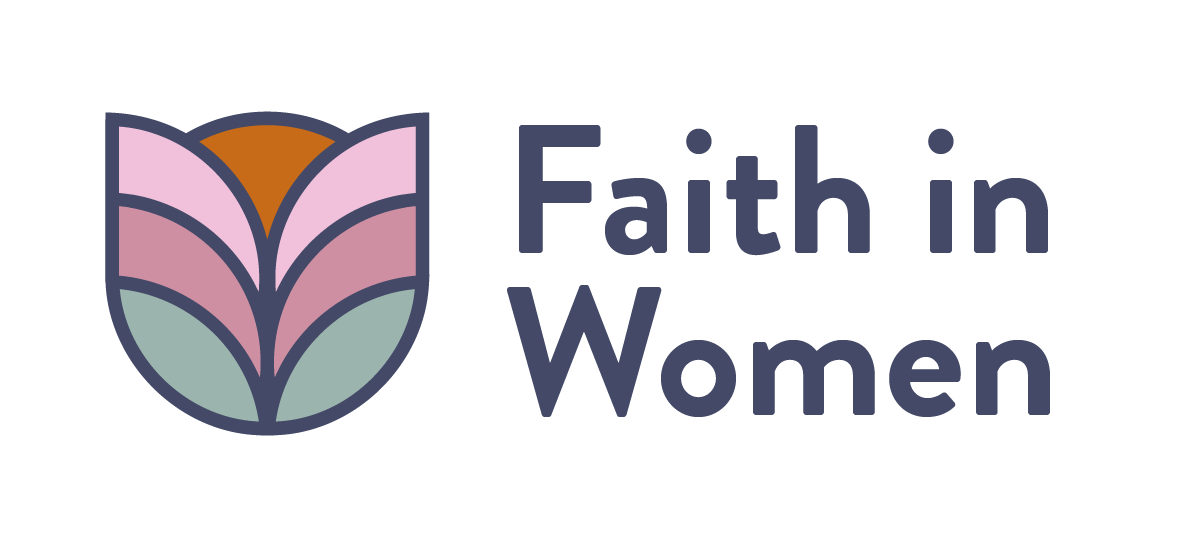



 recognition of Domestic Violence Awareness month, we will be shining a light on the realities of gender-based violence and sharing resources for survivors and advocates.
recognition of Domestic Violence Awareness month, we will be shining a light on the realities of gender-based violence and sharing resources for survivors and advocates. 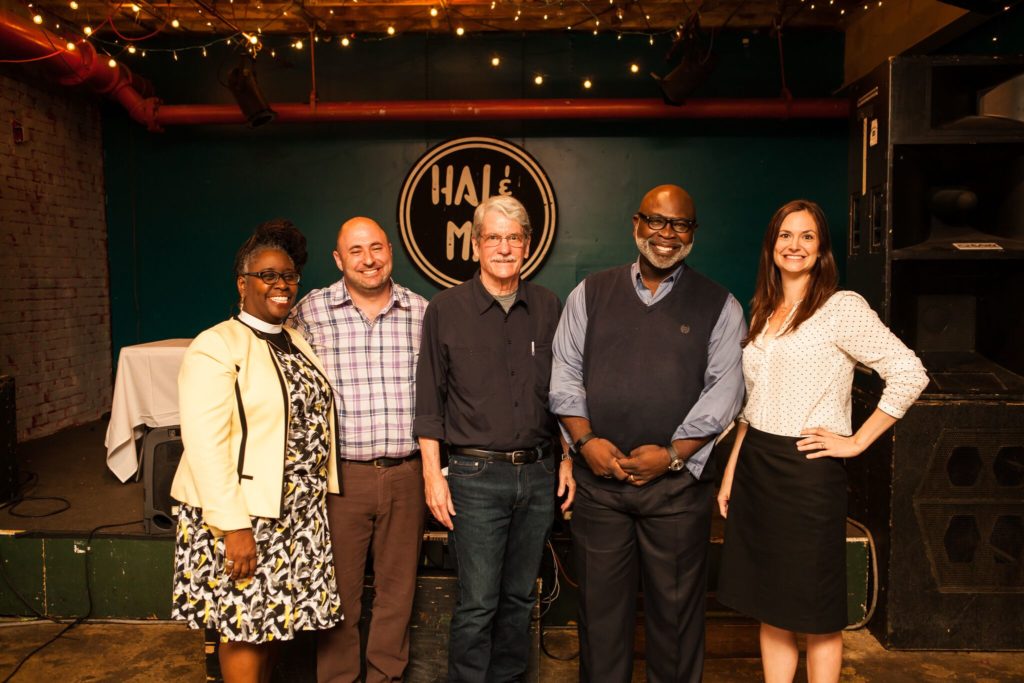

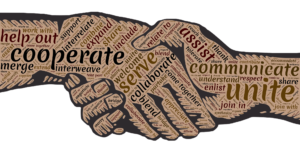 Everyday we’re inspired by the tireless efforts of so many advocates to improve the lives of women, girls, and families in Mississippi and beyond. To honor that work, this month we are highlighting three of our colleague organizations working at the intersections of faith and reproductive health, rights, and justice: Exhale, the Religious Institute, and SisterReach. Read on to learn about their prophetic leadership in these areas, and how you can get involved with their ongoing work.
Everyday we’re inspired by the tireless efforts of so many advocates to improve the lives of women, girls, and families in Mississippi and beyond. To honor that work, this month we are highlighting three of our colleague organizations working at the intersections of faith and reproductive health, rights, and justice: Exhale, the Religious Institute, and SisterReach. Read on to learn about their prophetic leadership in these areas, and how you can get involved with their ongoing work.

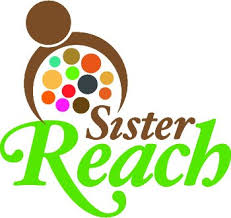
 At Faith in Women we know that access to quality sexuality education is critical for ensuring young people have the tools and information they need to lead healthy, happy lives. Mississippi parents know this too–that’s why they
At Faith in Women we know that access to quality sexuality education is critical for ensuring young people have the tools and information they need to lead healthy, happy lives. Mississippi parents know this too–that’s why they  providing essential training and resources to those who seek to offer research-based, developmentally-appropriate sexuality education in their communities. They offer a wide-range of affordable, accessible trainings for different audiences, including parents, teachers, and health practitioners.
providing essential training and resources to those who seek to offer research-based, developmentally-appropriate sexuality education in their communities. They offer a wide-range of affordable, accessible trainings for different audiences, including parents, teachers, and health practitioners. 




 $25,000 grant from the
$25,000 grant from the  group of health and education professionals across the state who are committed to advancing quality sex education for Mississippi youth. As part of this program, this spring I co-taught a training class with Hope Crenshaw of
group of health and education professionals across the state who are committed to advancing quality sex education for Mississippi youth. As part of this program, this spring I co-taught a training class with Hope Crenshaw of 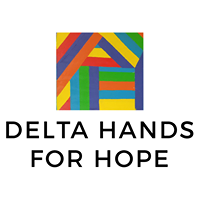 advocates with facilitation skills to better prepare them to teach safe, evidence-based, non-judgmental sexuality education programs in their communities and faith spaces. We did this in partnership with
advocates with facilitation skills to better prepare them to teach safe, evidence-based, non-judgmental sexuality education programs in their communities and faith spaces. We did this in partnership with 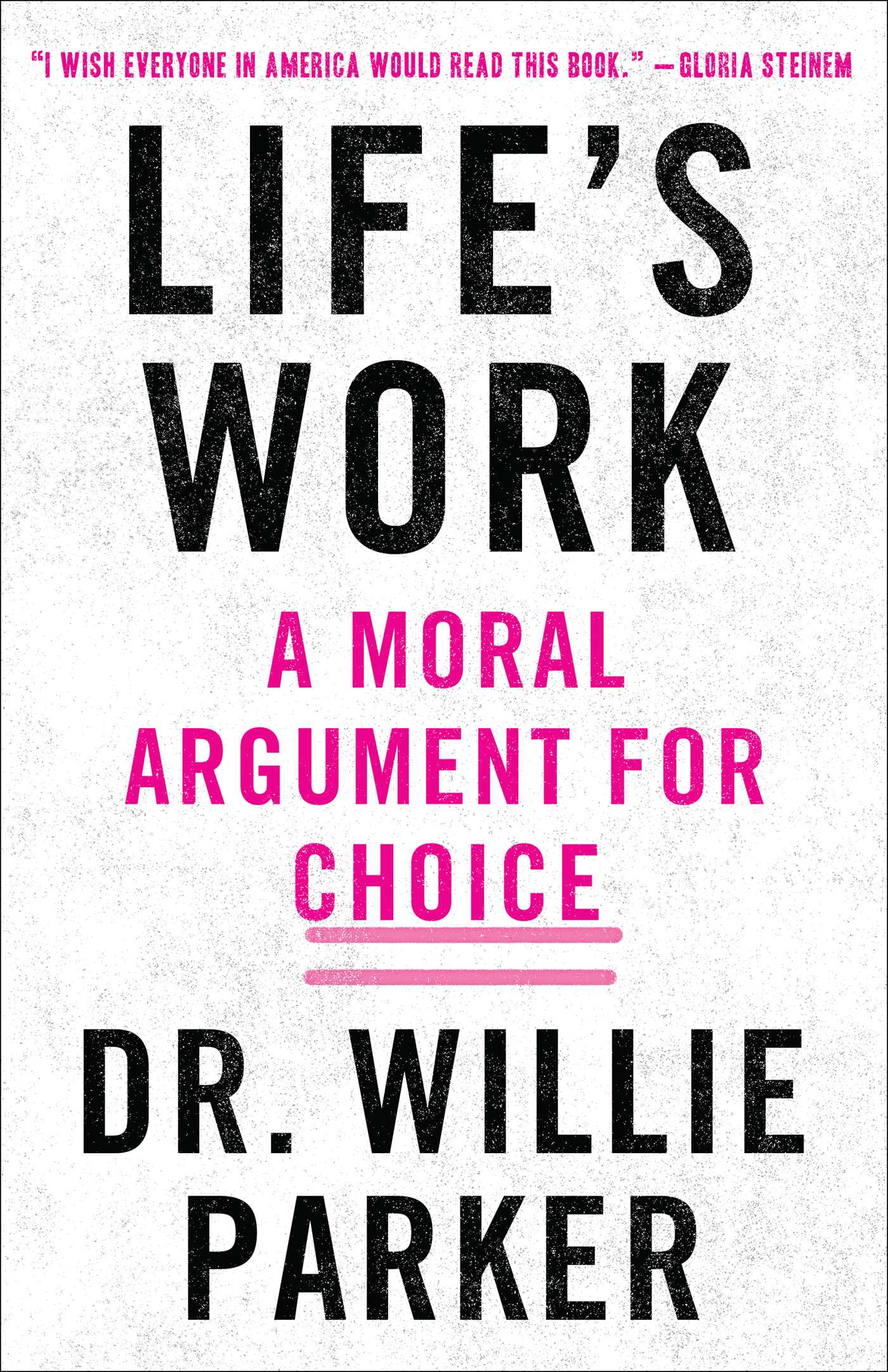 We are always working to find new ways of engaging in meaningful conversation around issues of reproductive health, rights, and justice. In May we launched our first ever virtual book club. A group of faith leaders and advocates across the state read Dr. Willie Parker’s best-selling book
We are always working to find new ways of engaging in meaningful conversation around issues of reproductive health, rights, and justice. In May we launched our first ever virtual book club. A group of faith leaders and advocates across the state read Dr. Willie Parker’s best-selling book 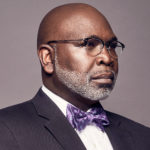 event at Millsaps College featuring author Dr. Willie Parker, a Christian reproductive justice advocate and ob/gyn. More than 50 faith leaders, health providers, students, and advocates attended our evening of conversation with Dr. Parker. Our event also included comments from Rev. Dr. Cari Jackson, Executive for Religious Leadership and Advocacy for the
event at Millsaps College featuring author Dr. Willie Parker, a Christian reproductive justice advocate and ob/gyn. More than 50 faith leaders, health providers, students, and advocates attended our evening of conversation with Dr. Parker. Our event also included comments from Rev. Dr. Cari Jackson, Executive for Religious Leadership and Advocacy for the  Sojourners
Sojourners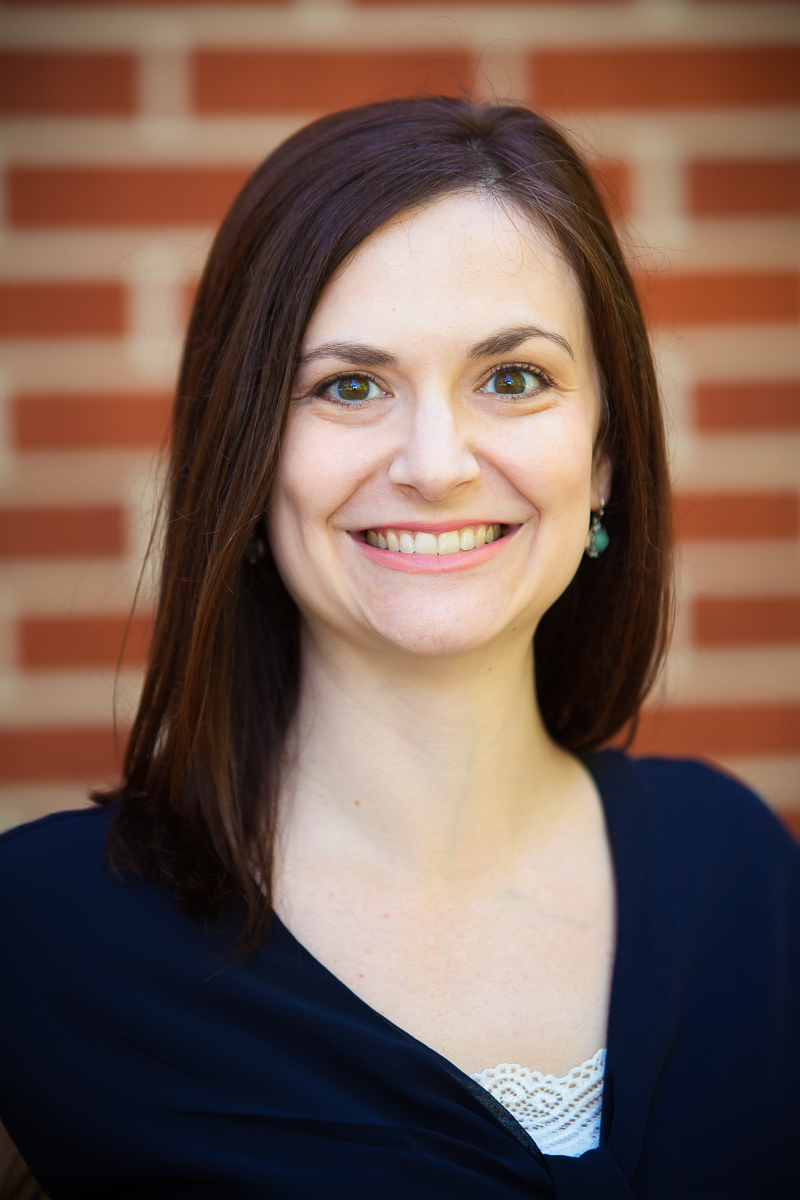 Ashley Peterson
Ashley Peterson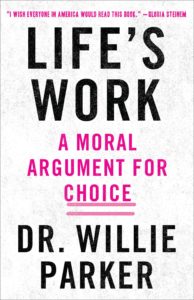 Dr. Parker, an obstetrician/gynecologist who provides abortion care in some of the most underserved areas in the South including Mississippi, published his first book
Dr. Parker, an obstetrician/gynecologist who provides abortion care in some of the most underserved areas in the South including Mississippi, published his first book 
 Interviewing Dr. Parker is
Interviewing Dr. Parker is